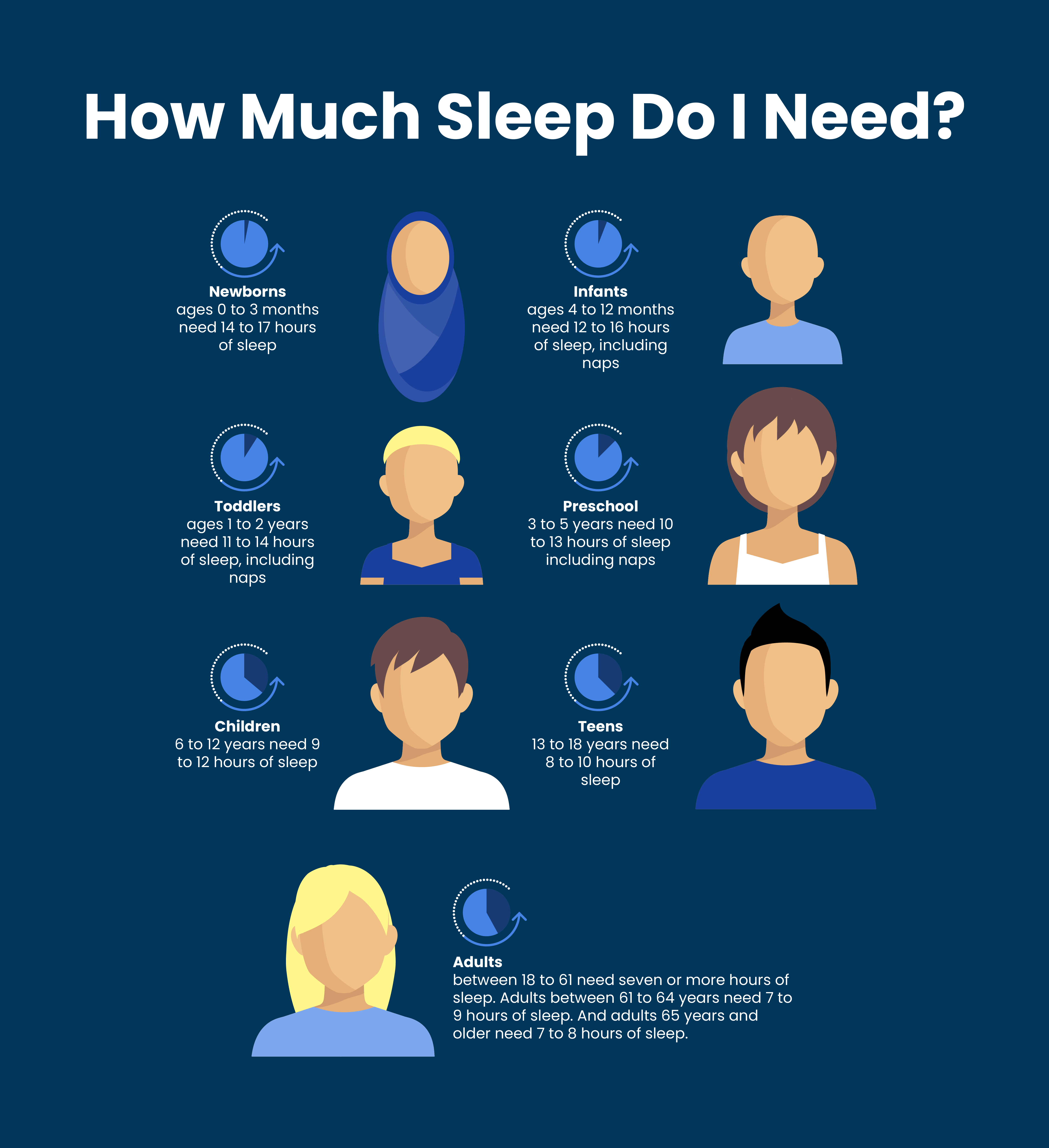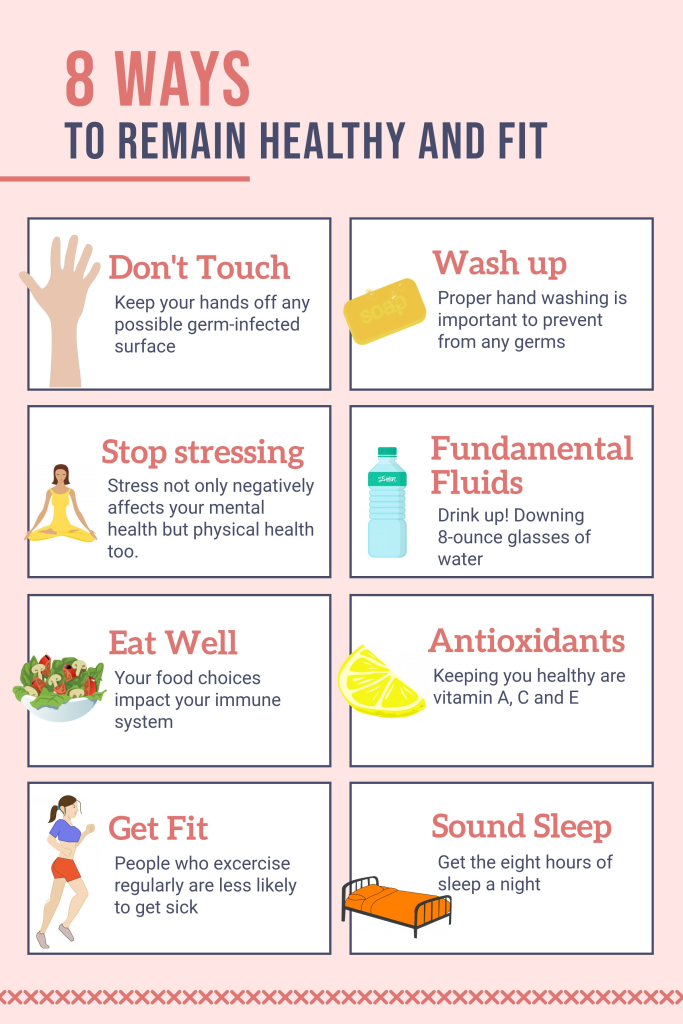How much sleep do you need? This seemingly simple question holds the key to understanding the vital role sleep plays in our health and well-being. The benefits of sleep extend beyond just feeling rested; adequate sleep is crucial for maintaining cognitive function, emotional stability, and overall physical health. However, many people struggle with insomnia or poor sleep hygiene, which can prevent them from getting the restorative rest they need. This article will explore the importance of sleep, offering tips for better sleep habits and discussing potential solutions for those facing sleep-related issues.
Determining the right amount of nightly rest can be tricky, as individual sleep requirements can vary significantly. Understanding how long we should sleep each night is essential for promoting our overall well-being and enhancing our daily productivity. Factors such as lifestyle choices, stress levels, and even age can influence our sleep needs, making it important to explore various strategies for improving our sleep patterns. From incorporating better sleep hygiene practices to finding effective insomnia solutions, this exploration will help guide readers toward achieving the restful nights they deserve.
How Much Sleep Do You Need? Understanding Individual Requirements
Determining how much sleep you need is not a one-size-fits-all answer; it varies significantly among individuals. Research indicates that the average adult should aim for seven to nine hours of sleep each night. However, your body’s signals are pivotal in understanding your unique needs. If you find yourself waking up without the assistance of an alarm clock after about eight hours, this may provide a rough estimate of how much your body truly requires. Over time, paying attention to your natural sleep patterns can help you establish an optimal sleep schedule that aligns with your lifestyle.
Moreover, the phrases “sleep debt” and “sleep hygiene” are crucial in this context. Continuous lack of sleep can create a deficit that affects cognitive function, mood, and overall health. Therefore, assessing not just the quantity of sleep, but the quality is equally important. Prioritizing good sleep hygiene — such as maintaining a consistent sleep schedule, creating a relaxing bedtime routine, and minimizing screen time before bed — can significantly improve your overall sleep quality.
The Importance of Sleep: Why You Should Prioritize Rest
Sleep is foundational to our well-being and physical health. The benefits of sleep extend beyond mere rest; it plays a critical role in mental clarity, emotional stability, and physical health. Adequate sleep is linked to improved memory, decision-making abilities, and even immune function, showcasing its importance in daily life. When you prioritize sleep, your body has the necessary time to recover and rejuvenate, promoting overall longevity and vitality.
Additionally, the impact of inadequate sleep can be severe, often leading to chronic conditions such as obesity, diabetes, and heart disease. The cumulative effects of sleep deprivation can also result in increased stress and anxiety levels. Understanding this importance encourages individuals to address their sleep habits and make changes that promote a healthier lifestyle fueled by sufficient, restorative sleep.
Tips for Better Sleep: Practical Strategies for a Restful Night
Incorporating practical tips into your daily routine can dramatically enhance your sleep experience. Start by establishing a consistent sleep-wake cycle, where you go to bed and wake up at the same time every day, even on weekends. This consistency helps regulate your body’s internal clock and improves your sleep quality. Additionally, creating a bedtime ritual can signal to your body that it’s time to wind down. Activities like reading, listening to calming music, or practicing relaxation exercises can make a significant difference.
Another essential tip is to curate your sleep environment for maximum comfort. Ensuring your bedroom is dark, quiet, and cool can help facilitate a more restful night’s sleep. Consider investing in blackout curtains, earplugs, or white noise machines to minimize disturbances. Furthermore, limiting caffeine intake in the afternoon and avoiding heavy meals close to bedtime are crucial steps in fostering better sleep habits. By implementing these strategies, individuals can significantly improve their chances of achieving a restful night’s sleep.
Sleep Hygiene: Creating an Optimal Environment for Sleep
Sleep hygiene refers to practices that contribute to sleeping well on a regular basis, forming an integral part of achieving quality rest. Essential components include setting a comfortable temperature in your sleeping environment, keeping the room dark, and using a comfortable mattress and pillow. It’s also vital to keep your sleeping area clean and free from clutter, as a serene environment can greatly aid relaxation and readiness for sleep.
Moreover, incorporating technology wisely into your sleep routine is crucial. While devices can disrupt sleep with notifications and blue light, other technological tools can enhance your sleep hygiene. Sound machines that offer soothing ambient sounds, sleep apps that guide relaxation exercises, and smart lights that mimic natural light can all help create an ambiance that promotes better sleep. The key is to strike a balance and utilize tools that enhance your sleep quality while minimizing distractions from technological devices.
Insomnia Solutions: Overcoming Sleep Disorders Effectively
For many, insomnia can pose a significant barrier to achieving restful sleep. This condition may stem from various factors including stress, anxiety, or underlying health issues. Seeking professional help is often the best route for effective insomnia solutions. Cognitive Behavioral Therapy for Insomnia (CBT-I) is recognized as a first-line treatment that empowers individuals to understand their sleeping patterns and implement effective strategies to improve sleep.
Additionally, self-help measures such as maintaining a sleep diary can help identify patterns and triggers that contribute to sleepless nights. Techniques like practicing mindfulness, engaging in relaxation exercises, and limiting screen time before bed are also key strategies in managing insomnia. It is essential to recognize that overcoming sleep disorders is a journey; with the right tools and support, achieving better sleep is attainable.
The Connection Between Sleep and Mental Health
A strong connection exists between sleep and mental health, as insufficient rest can exacerbate stress, anxiety, and depression. Chronically poor sleep can lead to a cycle where lack of sleep increases mental health issues, which in turn leads to more sleep problems. Understanding this cyclical relationship is crucial for taking proactive steps in managing stress and ensuring good sleep hygiene.
Furthermore, prioritizing sleep in the context of mental health can enhance overall well-being. Engaging in calming pre-sleep rituals such as yoga or meditation can help unwind the mind, paving the way for restorative sleep. Evidence suggests that individuals who maintain healthy sleep patterns tend to exhibit better emotional regulation and face daily challenges more effectively. Thus, nurturing a consistent sleep routine can significantly contribute to improved mental health.
The Role of Nutrition in Sleep Quality
Nutrition plays a pivotal role in determining the quality of your sleep. Certain foods can promote sleep-inducing chemicals in the brain, such as melatonin and serotonin. Incorporating foods rich in magnesium, like leafy greens and nuts, and those containing tryptophan, such as turkey and bananas, can aid in promoting restful nights. Additionally, a balanced diet helps maintain stable blood sugar levels, preventing nocturnal awakenings due to hunger.
Conversely, foods or drinks that contain caffeine or high sugar can disrupt sleep patterns and should be approached with caution, especially in the hours leading up to bedtime. Being mindful of what you consume can have significant effects on your sleep quality. Fostering nutritional habits that prioritize sleep can create a synergy between diet and sleep hygiene, resulting in enhanced overall health and well-being.
Understanding Sleep Stages and Their Importance
Sleep is not a uniform state; it consists of several stages, each serving distinct functions crucial for cognitive and physical recovery. The cycle generally alternates between Non-Rapid Eye Movement (NREM) sleep, including light and deep sleep stages, and Rapid Eye Movement (REM) sleep, which is vital for memory consolidation and emotional processing. Understanding these sleep stages can offer insight into why quality rest is essential for daily functioning.
Moreover, disruption in sleep stages often leads to feelings of fatigue and can diminish mental performance. For instance, spending adequate time in deep sleep enhances physical recovery, while REM sleep fosters mental clarity. To support these stages, it’s important to create an environment conducive to uninterrupted sleep. Establishing a routine that promotes natural sleep cycles can significantly improve the quality and restorative power of your sleep.
When to Seek Help for Sleep Issues
If sleep disturbances persist despite practicing good sleep hygiene, it might be time to seek professional help. Chronic insomnia or other sleep disorders can be indicative of underlying health issues that require medical attention. For instance, symptoms such as frequent snoring, unrestful nights, or waking up feeling exhausted may signify conditions like sleep apnea or restless leg syndrome. Consulting a sleep specialist can provide you with tailored solutions to effectively address these concerns.
Additionally, keeping a sleep diary can be beneficial when discussing your sleep struggles with a healthcare provider. Documenting your sleep patterns, routines, and any factors affecting your rest can help establish a clearer picture for potential diagnosis and treatment. Remember that seeking help is a proactive step toward better health; improved sleep not only enhances your well-being but also enriches your quality of life.
Frequently Asked Questions
How much sleep do you need for optimal health?
The amount of sleep you need varies by individual, but adults typically require 7 to 9 hours of sleep each night for optimal health. This can impact alertness, mood, and overall well-being, emphasizing the importance of sleep.
What are the benefits of sleep on mental and physical health?
Sleep is vital for mental clarity, emotional stability, and physical health. Proper rest enhances cognitive function, boosts the immune system, and supports growth and repair processes in the body.
What tips can improve how much sleep you need each night?
To increase sleep quality and ensure you meet your needed hours, consider establishing a regular sleep schedule, creating a relaxing bedtime routine, and optimizing your sleeping environment for comfort.
How does sleep hygiene affect how much sleep you need?
Sleep hygiene involves practices that promote consistent, uninterrupted sleep. Good sleep hygiene, such as limiting screen time before bed and maintaining a dark, cool sleeping environment, can help you achieve the sleep you need.
What are effective insomnia solutions for those struggling with sleep?
If you struggle with insomnia, solutions may include cognitive behavioral therapy, establishing a calming pre-sleep routine, and avoiding stimulants before bedtime. Consulting a sleep specialist can also provide tailored advice for your individual sleep needs.
Why is understanding how much sleep you need crucial?
Understanding how much sleep you need is crucial to maintaining both physical and mental health. It allows you to identify whether you are getting restorative sleep, which can improve your overall quality of life.
Can naps help you meet how much sleep you need?
Yes, short naps can help boost your alertness and overall well-being, especially if you are not able to meet your sleep needs at night due to varying schedules. However, keep naps under 30 minutes to avoid interfering with nighttime sleep.
How can sleep podcasts and sound machines assist in achieving the sleep you need?
Sleep podcasts and sound machines can create a calming environment, making it easier for some people to fall asleep. These tools can enhance your sleep hygiene practices by minimizing distractions and promoting relaxation.
| Key Point | Details |
|---|---|
| Individual Sleep Needs | Sleep requirements vary from person to person and can be assessed by how much sleep one naturally gets without alarms. |
| Tests for Sleep Adequacy | Track sleeping patterns over several days to determine how much sleep your body really needs. |
| Sleep and Waking Signals | Waking feeling unrested even after sufficient sleep may indicate a sleep disorder and should prompt a visit to a sleep specialist. |
| Sleep Disruptions | If you frequently wake during the night or snore, it may be time to see a doctor. |
| Sleep Hygiene Tips | Creating a calming bedtime routine and avoiding caffeine or stimulating media before bed can improve sleep quality. |
| Usage of Supplements | Melatonin is an unregulated supplement; caution is advised unless it’s pharmaceutical-grade. |
| Alternative Solutions | Consider calming activities, sleep aids like sound machines, and other options if traditional methods fail. |
Summary
How much sleep do you need depends highly on individual requirements, but generally it reflects the amount one can acquire without external interruptions like alarms. It’s crucial to recognize that quality sleep is vital, not just the quantity. If you find yourself waking unrested or facing challenges in falling asleep, it may be beneficial to consult a sleep specialist. Enhancing sleep hygiene through calming rituals and avoiding caffeine before bed can significantly improve sleep quality. Therefore, understanding how much sleep you need and adopting the right practices can lead to better overall health.



